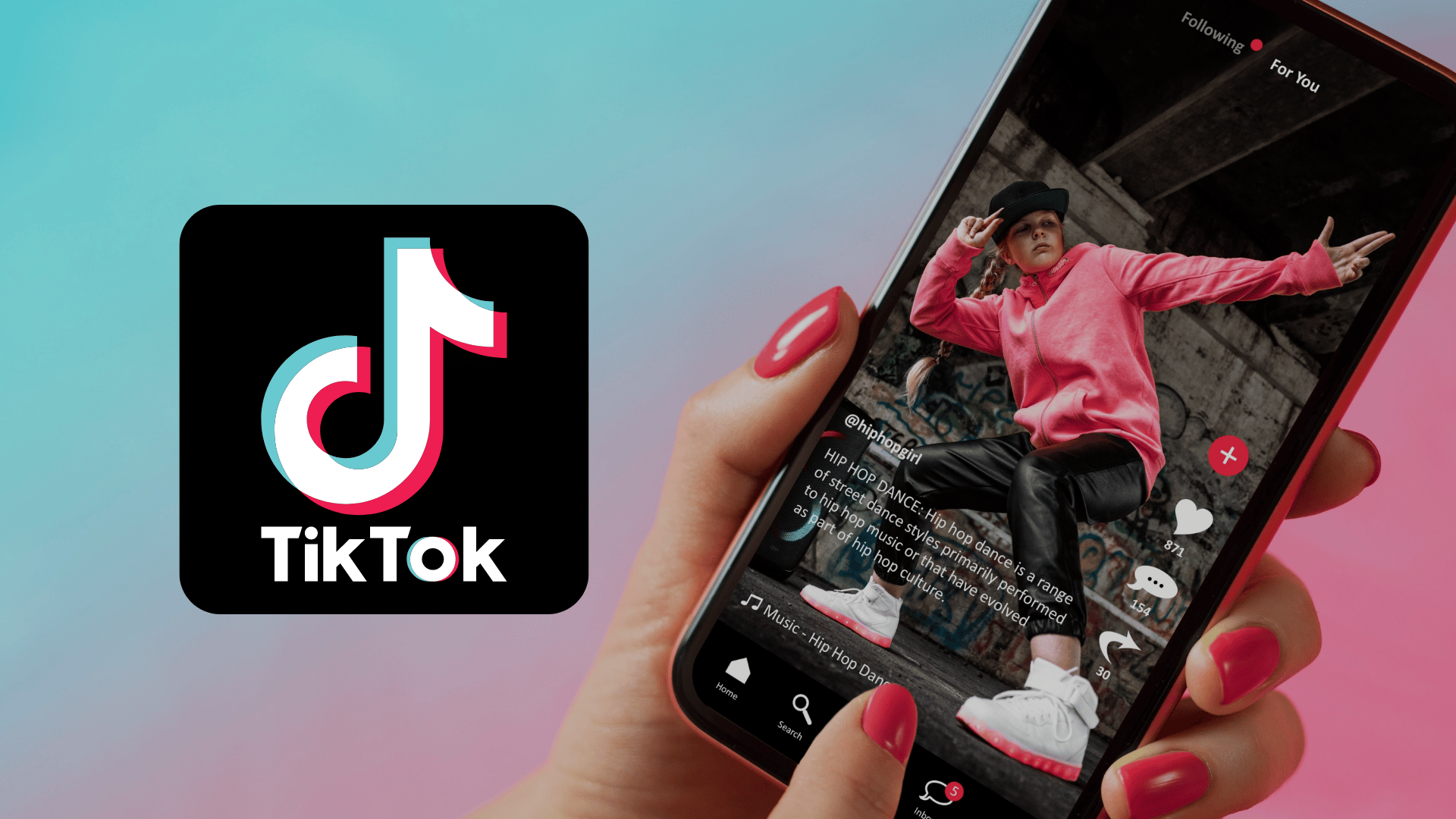We like wrapping up big marketing strategy in bite-sized videos that pack a punch. This latest tip coming in hot: A few surprisingly simple tools to do great audience research instead of wasting time and money on guesswork A/B testing finding the same information.
A/B Test Tutorial Video Notes
Testing: It's trendy and smart, but not the whole picture
- Preface this all by saying: at EmberTribe, we <3 testing. Now that that's been said...
- There's a lot of chatter in the PPC space about testing of all kinds, but there's a blind spot in that conversation.
- In zoning in on simply using testing to understand an audience, you can neglect important upfront research.
With testing, you're assuming what your audience's question is and throwing answers at them, whereas via research you can first listen to their questions.
The difference between testing and research
- Testing without upfront research? To be honest, you're starting with crap. Then, you just end up optimizing crap.
- Instead, when crafting a PPC campaign, it's important to pause before rushing in to testing, by understanding your audience through research.
- Bonus: It saves you money.
A little bit of upfront research saves you potentially wasted time and resources.
Social listening tools for audience research
- There is a plethora of useful review and Q&A websites to freely draw from. Step one: Use them. (It isn't cheating.)
- For software companies: TrustRadius
- Real users rate software (and you can even check them out on LinkedIn so you know it's legit!).
- Not-so-sneaky pro tip: This is a great way to see where your competition is failing your potential audience.
- You can lift language from those reviews to insert into your ad copy, with tweaks, where you will literally be speaking your audience's language. It's a higher starting point than zero.
- Non-software companies: Q&A websites such as Quora, Reddit, and more granular forums
- In Quora, try searching for industry competitors and figuring out pain points for users.
- Subreddits are excellent sources for debates du jour around your field. Behind every complaint is a campaign opportunity.
- Twitter's search tool can turn up some valuable data as well, especially when searching within well-used hashtags in your field like #highered or #3Dprinting.
Once you've done your research, which can take just a few minutes, you can get wonky with your testing, and throw in something contrary just to test it -- but not before you've listened to what makes them tick.


-AK-148968-preview.png?width=842&height=310&name=1.01-1x1px-Embertribe-(Client-Services)-AK-148968-preview.png)








.png?width=810&height=810&name=TJ%20Jones%20-%20%20CoFounder%20EmberTribe%20(1).png)


%20-%20500x500%20-%20SP%20-%2045.01.png)
%20-%20500x500%20-%20SP%20-%2049.01.png)
%20-%20500x500%20-%20SP%20-%2057.01.png)


.png)